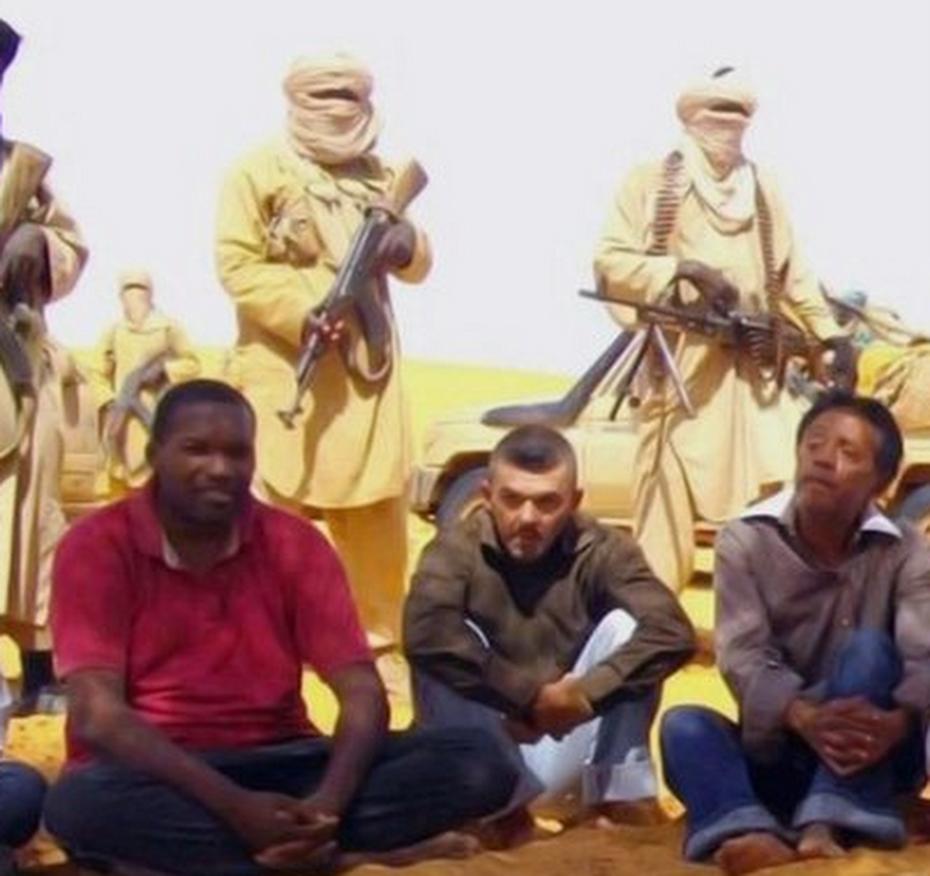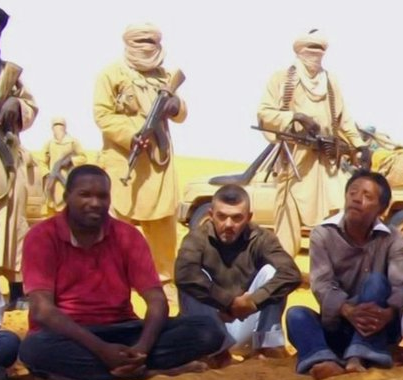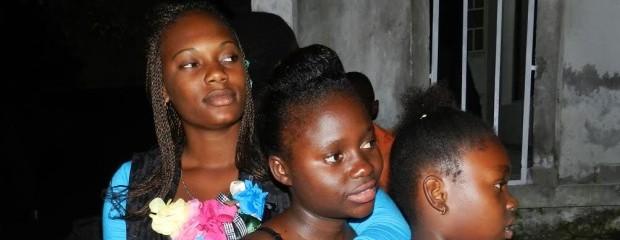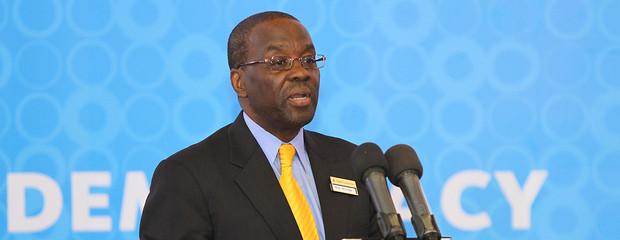Northwest Africa kidnap claims by new groups suggest growing competition for ransoms – By Exclusive Analysis

In December 2011 two new groups claimed responsibility for kidnaps in northwest Africa. On 7 December, the Mauritanian ANI news agency said it had received a video from a group called ‘al-Qaeda in Nigeria’, showing a British engineer kidnapped on 12 May 2011 in Birnin Kebbi, near Nigeria’s border with Niger. On 10 December a second new group called ‘Monotheism and Jihad in West Africa’ contacted ANI to claim responsibility for the kidnap of three European NGO workers from the Tindouf refugee camp in western Algeria in November 2011.
Up until now al-Qaeda in the Islamic Maghreb (AQIM) has been the only Islamist group involved in kidnap in this region. It has successfully secured multi-million dollar ransoms and prisoner releases for a string of Western tourists, diplomats, and NGO workers captured in Mauritania, Mali, Niger and Algeria, via its network of negotiators in northern Mali. Most recently, it claimed responsibility for the kidnap in Mali of two French nationals near Hombori on 24 November 2011, and of three European tourists in Timbuktu on 25 November 2011. Its success has increased the incentive for unaffiliated individuals to capture hostages and sell them to AQIM. For instance, the captor of three Spanish aid workers in western Mauritania in November 2009 described himself as a ‘mercenary’ acting for AQIM.
This financial incentive is also likely driving the emergence of new groups hoping to emulate AQIM’s success. The Nigerian kidnap was probably originally motivated by local political concerns, as it targeted a government contractor company at the height of violent unrest in Nigeria’s Muslim north over the re-election of President Goodluck Jonathan, a Christian southerner. The group probably thinks that use of the al-Qaeda name will increase its chances of getting a ransom, but there is no evidence of any connection between this group and AQIM or other established al-Qaeda affiliates. This Nigerian group, together with the apparently Western Saharan-focused Monotheism and Jihad in West Africa group, are likely to have less well-established negotiation networks and less ability than AQIM and its Tuareg cohorts to move around and hold hostages in the desert for long periods, heightening the risk that hostages will be killed if negotiations look set to fail. Competition between groups to acquire Western hostages, including journalists, NGO workers, and tourists, will also raise risks of collateral harm to hostages.
Exclusive Analysis is a specialist intelligence company that forecasts commercially relevant political and violent risks worldwide.







